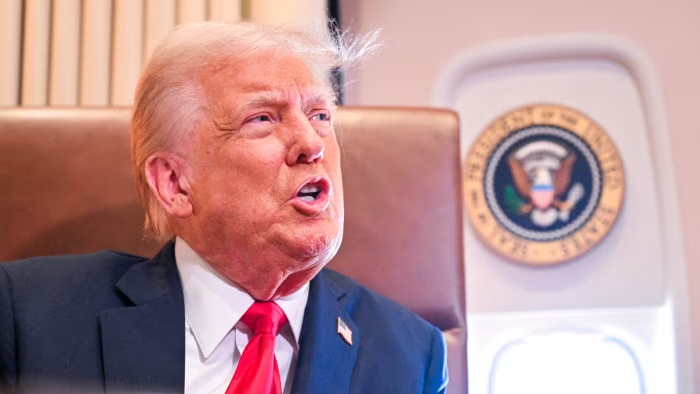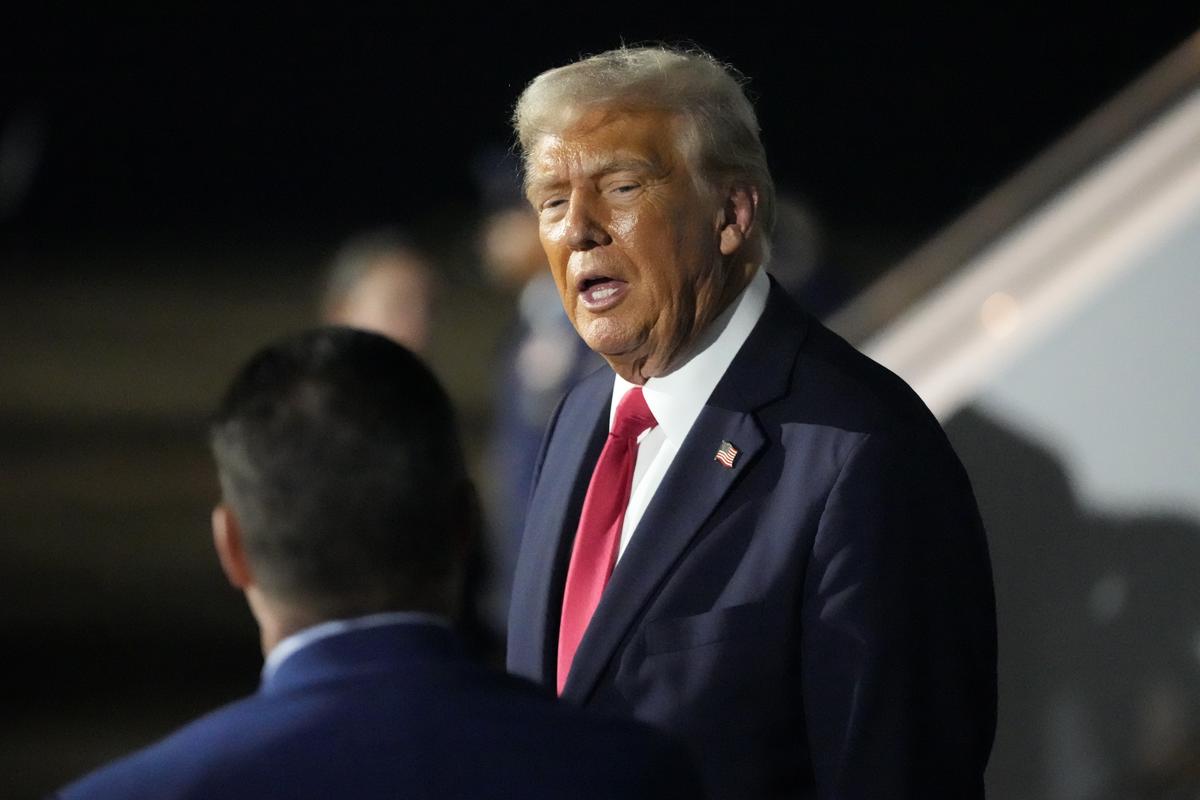On February 10, 2025, President Donald Trump announced that the United States will impose a 25% tariff on all steel and aluminum imports, effective immediately.
This decision marks a significant escalation in trade tensions, as it applies to imports from all countries, including key allies such as Canada, Mexico, and the European Union.
The announcement was made aboard Air Force One en route to the Super Bowl. President Trump emphasized that these tariffs are part of his broader strategy to protect American industries and workers from what he perceives as unfair trade practices by other nations.
He stated, “If they charge us, we charge them,” indicating a move towards reciprocal trade measures.

This policy shift has prompted immediate reactions from the international community. France has called for the European Commission to implement immediate retaliatory tariffs on U.S. products. French officials argue that the U.S. tariffs are unjustified and harmful to global trade.
In Australia, Prime Minister Anthony Albanese is preparing to discuss the issue with President Trump, aiming to secure an exemption for Australian steel and aluminum exports.
Australia had previously been exempted from such tariffs during Trump’s first term, and the current government is advocating for a similar arrangement to protect its exporters.
The European Union has also expressed its intent to respond to protect its interests. EU officials have stated that they are prepared to take necessary measures to safeguard European industries from the impact of the U.S. tariffs.
These developments have raised concerns about potential trade wars and the broader implications for the global economy. Analysts warn that such unilateral trade actions could lead to retaliatory measures, disrupt supply chains, and increase costs for consumers and businesses worldwide.
Domestically, reactions are mixed. Some industry groups support the tariffs, believing they will protect American jobs and industries from unfair foreign competition.
However, others, including manufacturers who rely on imported steel and aluminum, warn that the tariffs could lead to increased production costs and potential job losses in sectors that depend on these materials.
As the situation unfolds, it remains to be seen how these tariffs will impact international relations and the global economy.
Stakeholders are closely monitoring the responses from affected countries and the potential for negotiations to address the underlying trade issues.








